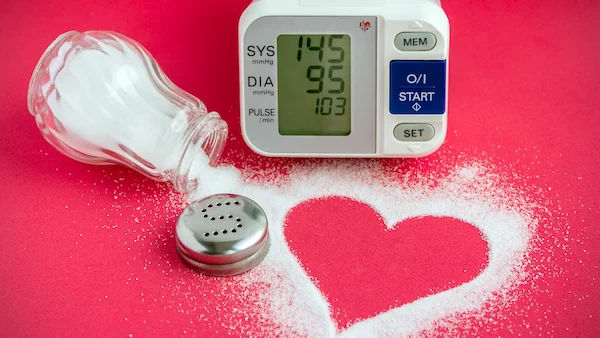- Female
- 30 Years
- 07/02/2025
I've been feeling this weird fluttering sensation in the middle of my chest, and it's really bothering me. It seems to hit me especially hard after I eat or when I've been doing some work, and it makes it tough to breathe. I also get this faint feeling that I can't shake off. I'm not coughing exactly, though there are times when I feel like I might start. On top of that, my back has been aching, and it's hard to stand upright. What could be causing all of this?
More Cardiology Health Queries
View allI'm having this weird feeling of short breath and some dizziness, especially when I try to sleep. It's been happening just recently, and it's getting kinda uncomfortable. I had a full body check-up not too long ago, including heart tests like an ECG, echo, diabetes check, and a TMT, and they were all normal. My weights around 110 kg, and my blood pressure is 14090. I'm really puzzled about what could be causing this mild shortness of breath. Any ideas?
nasal congestion
read more![Doctor 1]()
![Doctor 2]()
Answered by 1 Apollo Doctors
I'm working out every day, but I've been having this pain in my left leg for more than 2 days now, and it's been followed by this pain right in the center of my chest. I'm really not sure who I should be seeing for this. Could you guide me on which type of doctor would be best to consult?
surgeon
read more![Doctor 1]()
![Doctor 2]()
Answered by 1 Apollo Doctors
I've had a 2D echo and a stress test done, and both came back normal. Does this mean I'm in the clear from having a heart attack, or is there still a risk?
echo is normal,, nothing to worry.
read more![Doctor 1]()
![Doctor 2]()
Answered by 1 Apollo Doctors
Disclaimer: Answers on Apollo 247 are not intended to replace your doctor advice. Always seek help of a professional doctor in case of an medical emergency or ailment.




